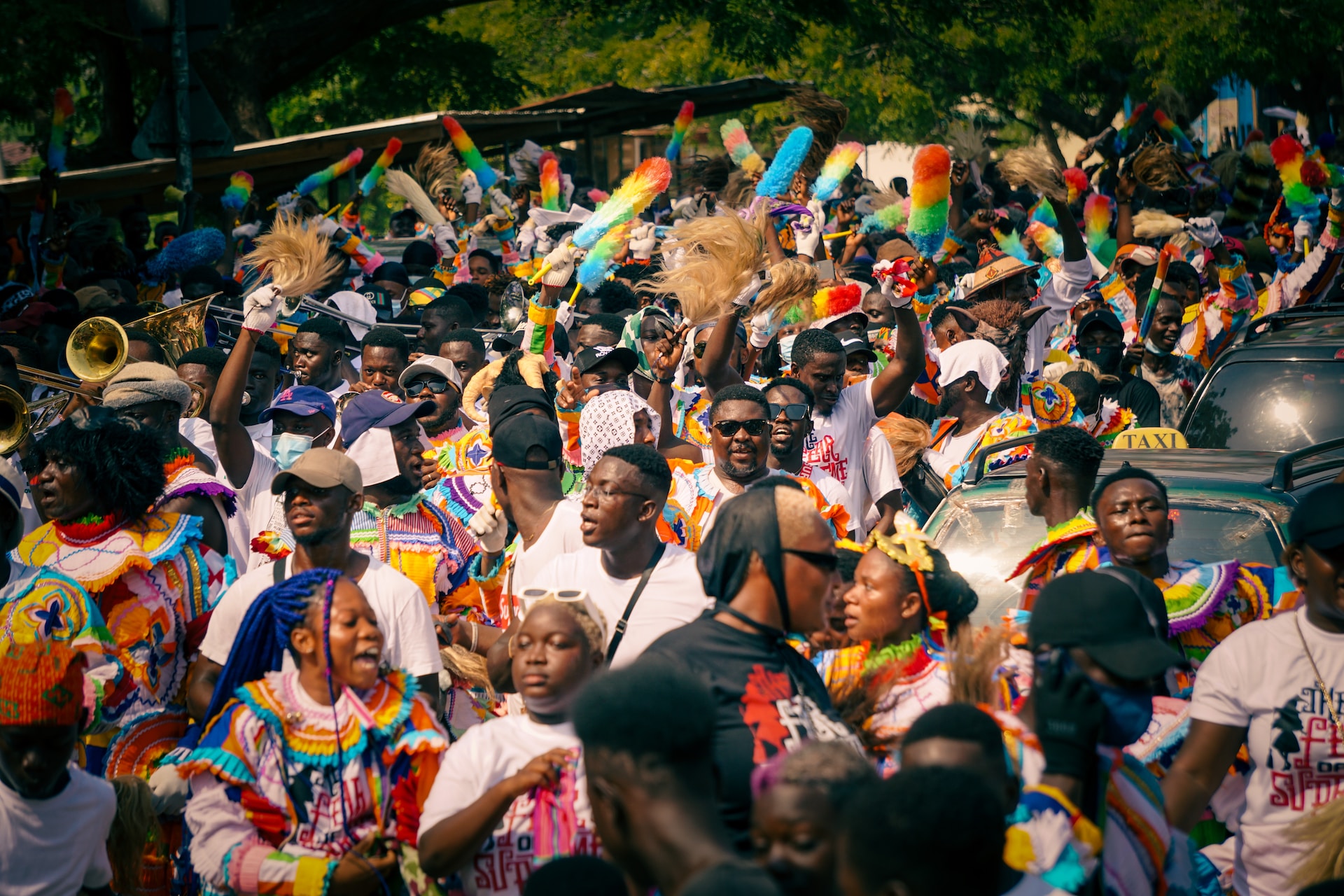In a January 2023 article, Cornell University professor Olúfẹ́mi Táíwò lays out his case against the use of “precolonial” as a useful marker to discuss African history. Táíwò makes multiple arguments—and offers several examples—to support his claim. These arguments can be summarized as follows: the phrase precolonial Africa is “vacuous,”“racist,” and “plain wrong.” In this reply to Táíwò’s thesis, I argue for the usefulness and continued utility of precolonial as a term that identifies a structure and event that shaped the continent’s history in ways never before, and never after experienced.
As a preliminary matter, it is important to note that when used in the discourse on African history, the term precolonial relationally refers to the 19th- and 20th-century European colonization of Africa, what Táíwò calls the “modern European colonialism” in Africa. Táíwò does not reject or dispute this understanding of the phrase. Rather, his concern seems to be that the use of precolonial in this context flattens the very complex history of the continent before this specific incident. He argues that, if precolonial literally translates to “before colonization,” then the phrase as used in the discourse on Africa’s history must account for earlier experiences of colonization on the African continent before 19th-century European colonization if it is to be meaningful for the periodization of African history. Thus, he concludes that the use of the phrase in its narrow contextual sense is both wrong and meaningless, so it must be expunged from the discourse forever.
The problem is that nothing—no word, phrase, or method of understanding history—can ever be vast enough to capture what Táíwò acknowledges is the very complex history of the African continent, and yet be specific enough for discourse on the subject. Indeed, no word, phrase or expression can fully contain all the nuances of an idea or subject; this is a general foible in language. What is a “chair” if we insist that the word must account for every piece of furniture, device, or technology that has ever been used to support or facilitate the act of sitting? The work-around for this problem is to interpret words—and use language—within relevant context. This necessarily limits the potential interpretative scope that words and phrases carry, and thus facilitates communication.
It is important to flag this limiting context of precolonial early on because it is the foundation that grounds Táíwò’s concerns.




